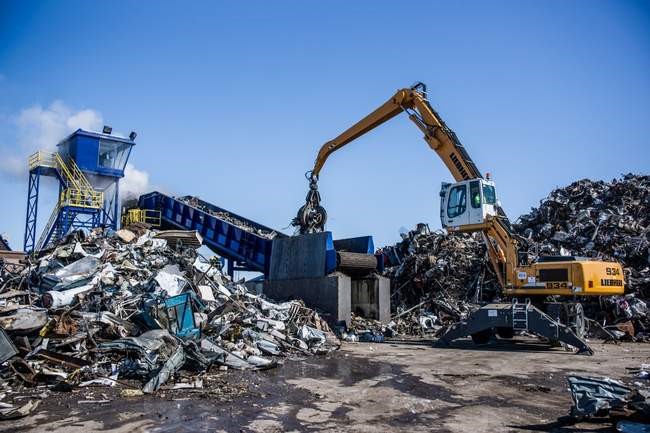

Economically speaking, one of the most promising resources, ferrous scrap and non-ferrous scrap like aluminium, copper, lead, zinc, tin, brass, etc., recently came under new regulation in Tunisia under the context of the 2023 financial law.

Secondary aluminium from recycling allows up to 90 per cent of energy savings in production compared to primary aluminium. Specifically, the demand for aluminium is increasing. Aluminium replaces traditional materials such as steel to reduce weight and, thus, energy consumption.
According to Article 35 of this law, industrial firms that export non-ferrous metal waste and ferrous scrap and businesses operating in the industry for the general subject to the tax are also liable to the tariff on the scrap metal export.
This move was justified by the explanatory memorandum to encourage further the recovery of the resource represented by the metal waste and its recycling, as well as domestic and international investment in the industry.
In fact, the waste and junk from industrial businesses that export their whole output were exempt from this levy, which was meant to fund the General Compensation Fund.
Technology is playing a great role in the world of recycling. According to a report by United Nations Industrial Development Organization, Tunisia is embracing digital technology. Even the World Bank has reported that Tunisia is moving closer to a new economy and digital transformation. The US$75 million Tunisia Innovative Startups and SMEs project was designed to support the Government’s ‘Startup Tunisia’ program, which aims to catalyze the creation and growth of digital, innovative start-ups and SMEs and boost economic and employment opportunities for Tunisia’s youth.
Additionally, it was decided to extend the application of the said tax to waste generated by totally exporting companies to prevent the escape of scrap metal from the local market to the waste of those companies on the one hand and to encourage foreign and local investors to increase investment in the installation of units and equipment for the recycling and recovery of waste generated by those companies by transforming it into secondary raw materials or semi-finished and finished products.
Although the practice of collecting, recycling, and recovering ferrous and non-ferrous metal waste is ancient in Tunisia, the amount of this resource has grown significantly as the country's industry and way of life have modernised.
A Tunisian company specialising in the collection and export of non-ferrous metal waste, particularly aluminium, claims to be able to supply its potential customers around the world with 200 to 400 tonnes of waste per month, or approximately 4,000 tonnes per year, in an announcement published on a specialised site.
Responses








